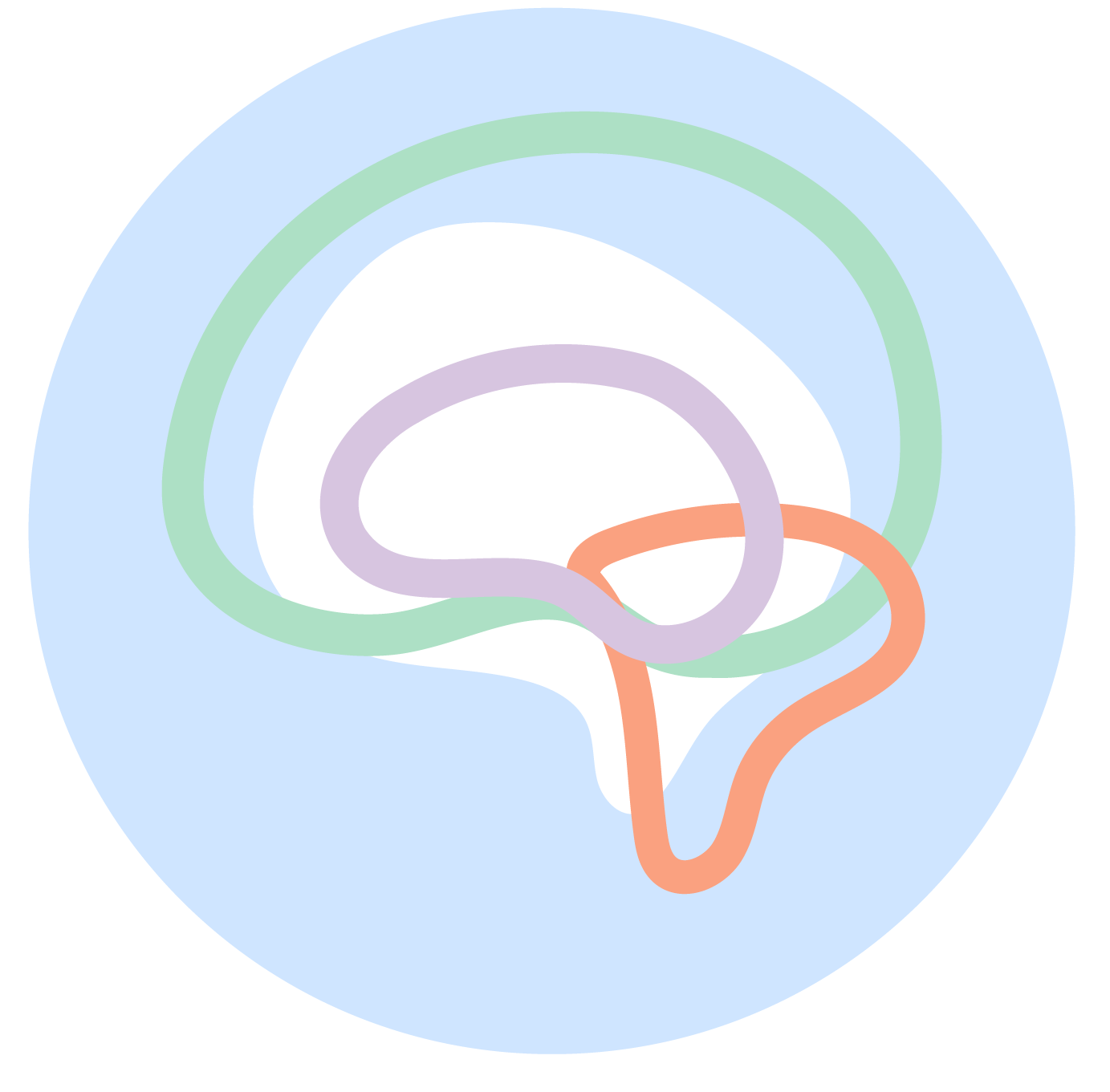Online Positivity: Building Healthy Digital Habits
Let’s face it: everyone is on their phone too often. In today’s technology-driven world, spending a large portion of our day on our phones has become the norm. Every social interaction, whether we're meeting someone new or bonding with an old friend, involves some form of technology. According to the American Psychological Association, teenagers spend an average of 4.8 hours per day on social media. Humans are social creatures; we need interactions with others to live a healthy life. Although removing social media from our lives would have endless benefits, it’s much easier said than done. So, let’s explore some healthy digital habits that can promote positivity in our lives.
Know When to Turn the Phone Off
Social media is one of the most common addictions teenagers experience. In fact, a study by Pew Research tells us that 35% of teenagers admitted to using social media “almost constantly.” One of the biggest contributors to our social media addictions is doom-scrolling. Doom-scrolling is the constant need to stay on a social media platform, despite the fact that you have other responsibilities to attend to. Apps like TikTok and Instagram are the biggest offenders of doom-scrolling due to their endless content. It can be tempting to keep viewing new content, but it’s important to know when enough is enough. When social media begins to get in the way of spending time with friends, doing school work, or seeing your family members, it’s time to put the phone down. It may be difficult to determine if you have a social media addiction, so look for the most common signs:
Feeling anxious when you’re not on your phone
Neglecting responsibilities (familial, financial, educational, etc.)
Scrolling through social media instead of sleeping
Loss of interest in other activities
2. You Don’t Have to Share Everything
When we post on social media, it can often feel like we’re speaking to a void; however, it’s important to remember that there are people reading what you post. Some people feel the need to post every single thought on their social media. While it can feel nice to let it all out, it can be dangerous as well. Oversharing on the internet can only do more harm than good. You never know who’s viewing what you post or how it can be used against you. Additionally, constant oversharing can put you or others around you in danger. In case you’re wondering if you’re oversharing, ask yourself this before you post: “How would I feel if my grandparents read this? My dream school? A complete stranger?”
3. Stop Scrolling Before Bed
Although we’ve made it clear that endless scrolling can be detrimental, it’s especially important to remember the effects of scrolling before bed. Social media can be a trap; one minute you’re planning on sleeping before 11 PM, and the next moment it’s 2 AM. A social media addiction can eat away at our sleep, which can have dangerous effects on our day-to-day lives. Sleep deprivation can cause drowsiness, irritation, anxiety, loss of appetite, and memory loss. If you know you struggle with going to bed because of social media, try to put the phone down as early as possible. Giving yourself time to log off (ex: 9 PM) can give you an hour or two to wind down before bed. Instead of scrolling on social media, consider reading a book, journaling, and listening to relaxing music.
Grappling with the effects of social media usage can feel daunting, but it’s never too late to start! Practicing these healthy habits for a month, or even a week, can lead to significant changes in our lives. You might notice an increase in your mood, or a stronger desire to do the things that you enjoy. In case you’re unsure where to start, My Good Brain has a long list of healthy practices for a healthy mind. Instead of doom-scrolling, you can put your time and energy into activities that will leave a positive impact on your day. After all, if you have the time to scroll on social media, you have the time to try out something new!
